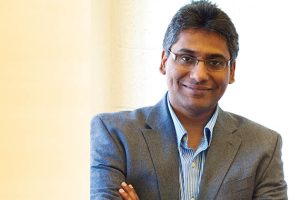
June 29, 2022
Calyam selected to participate in MU Research Excellence Program
The award allows Calyam to recruit and hire a postdoctoral researcher in the field of cybersecurity and cloud computing

April 29, 2022
Calyam receives inaugural Robin Walker Award for Graduate Student Mentoring
Associate Professor Prasad Calyam helped Roland Oruche, a PhD student in computer science, successfully apply for a National Science Foundation Graduate Research Fellowship (GRF) in 2021.

March 20, 2022
College recognizes outstanding faculty, staff, students
Mizzou Engineering recognized faculty, staff and students for outstanding performance and dedication to the College.
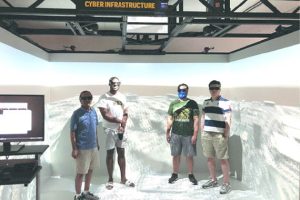
Feb. 2, 2022
Team studies virtual reality platforms using new CAVE
The team attempted to develop a new software that can create large-scale virtual models in the CAVE on campus.
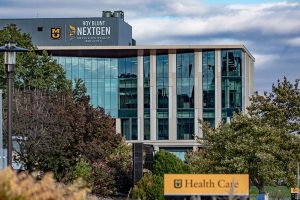
Jan. 3, 2022
Mizzou Engineers to help NextGen Precision Health professionals process, analyze, protect big data
Mizzou Engineers will help NextGen Precision Health professionals analyze the large volumes of information coming from sophisticated MRI and other imaging equipment, as well as determining how best to store that information securely.
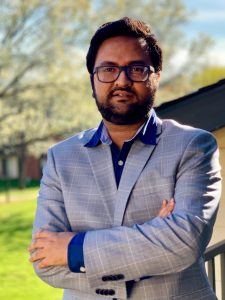
Nov. 19, 2021
Mizzou Engineering hosts 14th CANSec Workshop
Cybersecurity experts from across the region convened at the 14th Central Area Networking and Security Workshop (CANSec) hosted by Mizzou Engineering.
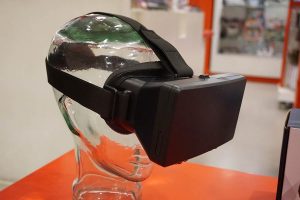
Aug. 4, 2021
Researchers aim to protect cyber space in virtual reality environments
A Mizzou Engineering team is beginning to study possible cyber threats in virtual reality environments.

July 29, 2021
Middle, high school students explore cyber security at Hacker Tracker Camp
During the Hacker Tracker Cyber Security Camp, middle and high school students practiced coding, explored various types of attacks and heard from experts in the field.

June 15, 2021
Mizzou Engineer Offers Tips on Preventing Ransomware Attacks
By Eric Stann, MU News Bureau Prasad Calyam The recent ransomware attack on a major oil refinery in the United States, followed weeks later by another hack that affected a large meat supplier, have again brought the issue of cyberattacks to the forefront of people’s minds, followed closely by a renewed push toward building better cyber defenses to help prevent critical data from being stolen and held hostage by cybercriminals. Furthermore, these attacks have caused a ripple effect in the nation’s economy, most notably with sudden rises in gasoline and food prices, gasoline shortages and delays with shipping and logistics…

May 11, 2021
Mizzou Cybersecurity Center Board Provides Industry Expertise
A new Mizzou Cybersecurity Center Industrial Advisory Board (IAB) is helping the college enhance curriculum and research to best meet emerging needs within cybersecurity fields.